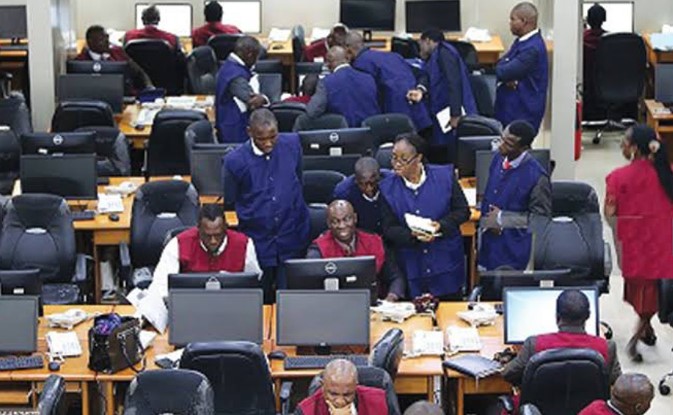
The Chief Executive Officer of the Nigerian Exchange Limited (NGX), Mr. Jude Chiemeka, has announced plans to tokenise Nigerian assets as part of a strategy to attract Gen Z and Millennial investors to the stock market.
Speaking at the 2024 Investor Summit & Awards Dinner hosted by Emerging Africa recently, Mr. Chiemeka highlighted the changing preferences of younger investors, who often seek financial products with higher returns than traditional assets like stocks and bonds.
“Younger investors may not find assets with 40 percent returns appealing enough. They are more drawn to opportunities that promise double or even triple-digit returns,” he stated.
To address these preferences, the NGX is exploring innovative financial products, including a blockchain-based interface, to simplify investing and make the market more accessible and attractive to tech-savvy investors.
Mr. Chiemeka also pointed out the rising participation in retail trading, noting that daily transactions on the NGX now average $7 million. This surge, he said, reflects a growing appetite among individual investors to actively engage in the financial markets.
When asked about strategies to improve market liquidity, he mentioned key initiatives such as efficient market-making, securities lending, and efforts to broaden retail participation. These measures, he explained, aim to align the Nigerian market with global standards while boosting investor confidence.

He also emphasied the role of derivatives trading in managing risks and enhancing liquidity, positioning it as a crucial tool for strengthening market resilience.
Through these forward-looking strategies, the NGX aims to modernize its operations, cater to the evolving needs of younger investors, and remain competitive on a global scale.
The Nigerian stock market, tracked by the All-Share Index (ASI), delivered an impressive year-to-date performance of 34.38%, maintaining the bullish momentum from the previous year.
In January, the index surged by an extraordinary 35%, closing the month at 101,154 points, up from its opening value of 74,773 points. This remarkable performance was driven by a market volume of 19 billion shares, marking the best monthly performance of the year.
February saw a slight pullback, with the index dipping to 99,980 points, but March quickly reversed this decline, pushing the index above the 104,000-point mark.
By April, the index came under pressure due to recapitalisation efforts affecting investor sentiment in the financial services sector, leading to a six percent decline and a closing value of 104,562 points. Between April and August, the index retraced further, ending at 96,580 points in August.
However, in September, the market regained momentum, with steady recovery driving the index past the 100,000-point barrier by December’s third week.
As of December 19, 2024, the All-Share Index stands strong, opening above 100,400 points, signalling market resilience and renewed investor interest as the year concludes.
Discover more from Astudity Limited
Subscribe to get the latest posts sent to your email.